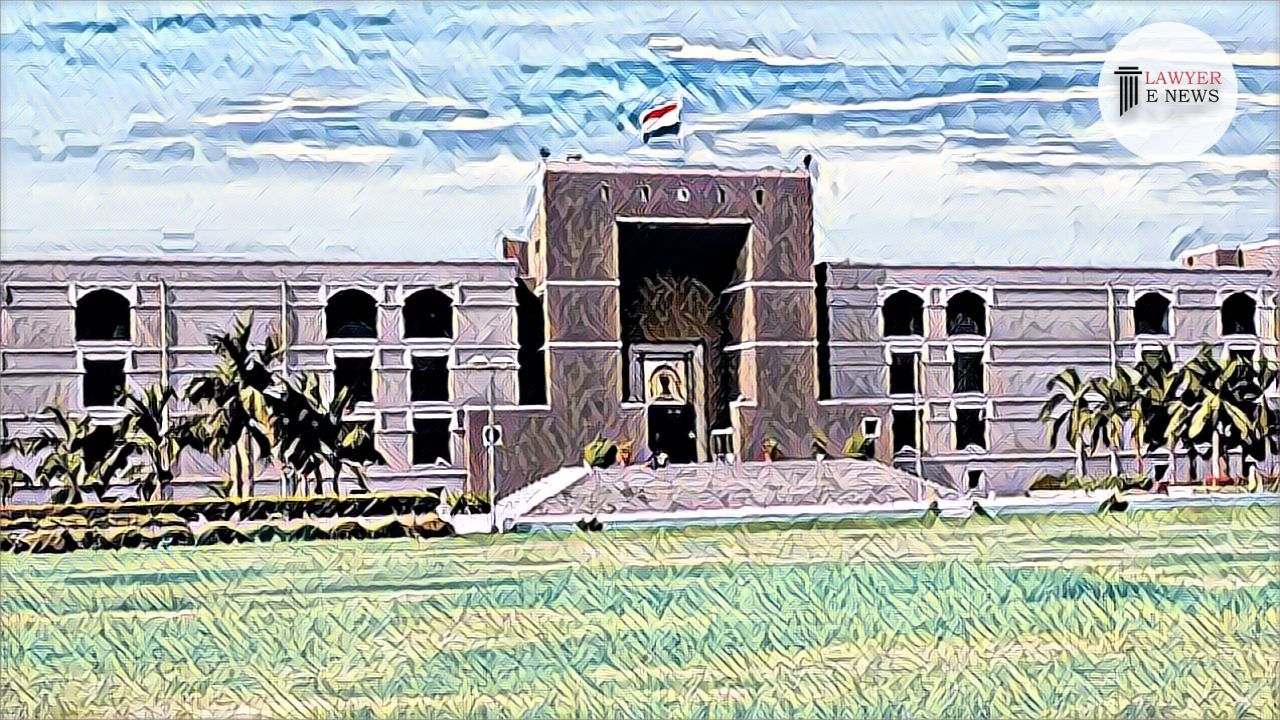-
by Admin
15 February 2026 2:36 AM



In a significant ruling, the Gujarat High Court dismissed an appeal challenging the trial court's order that joined Sunilbhai Shantilal Parmar as accused no. 4 in a case involving charges of murder and other serious offenses. The appeal, filed under Section 14A(2) of the Schedule Castes and Schedule Tribes (Prevention of Atrocities) Act, 2015, contested the application of Section 319 of the Code of Criminal Procedure by the trial court.
The case arose from an FIR lodged by Kalpanaben Parmar following a brutal attack on her husband and father-in-law, resulting in the former's death. The FIR named three individuals and an unnamed person as accused. During the investigation, multiple eyewitnesses, including Kalavatiben Jitubhai Vankar, identified Sunilbhai Parmar as a participant in the attack. Despite this, he was initially not charged but listed as a witness, based on his alibi claim corroborated by statements from his employer and a rickshaw driver.
Application of Section 319 Cr.P.C: The High Court reiterated the Supreme Court guidelines, emphasizing that adding an accused under Section 319 Cr.P.C should be exercised sparingly and only when the evidence is strong and reliable. "The test that has to be applied is one which is more than prima facie case... but short of satisfaction to an extent that the evidence, if goes unrebutted, would lead to conviction," the Court noted.
Plea of Alibi: The Court found the appellant's alibi unsupported by corroborative evidence. Referencing Kamal Prasad & Ors v. State of Madhya Pradesh, it was held that the plea of alibi requires a high threshold of proof, which Sunilbhai Parmar failed to meet. "It is required to be proved with certainty so as to completely exclude the possibility of the presence of the accused at the spot of the crime," the judgment emphasized.
Eyewitness Testimony and CCTV Footage: The Court upheld the trial court's reliance on eyewitness accounts and CCTV footage that placed Sunilbhai Parmar at the crime scene. The evidence provided by Kalavatiben Jitubhai Vankar and other witnesses was found to be compelling and credible.
Investigating Officer's Satisfaction: Citing Y. Saraba Reddy v. Puthur Rami Reddy, the Court held that the satisfaction of the Investigating Officer should not be determinative in the face of strong eyewitness testimony. "The trial court can take such a step to add such person as accused only on the basis of evidence adduced before it and not on the materials available in the charge-sheet," the Court stated.
Decision:The High Court concluded that the trial court correctly exercised its power under Section 319 Cr.P.C. to add Sunilbhai Parmar as accused no. 4, based on strong and reliable evidence. The appeal was dismissed, affirming the trial court's order.
Date of Decision: 9th May 2024
Sunilbhai Shantilal Parmar vs. State of Gujarat & Ors.
